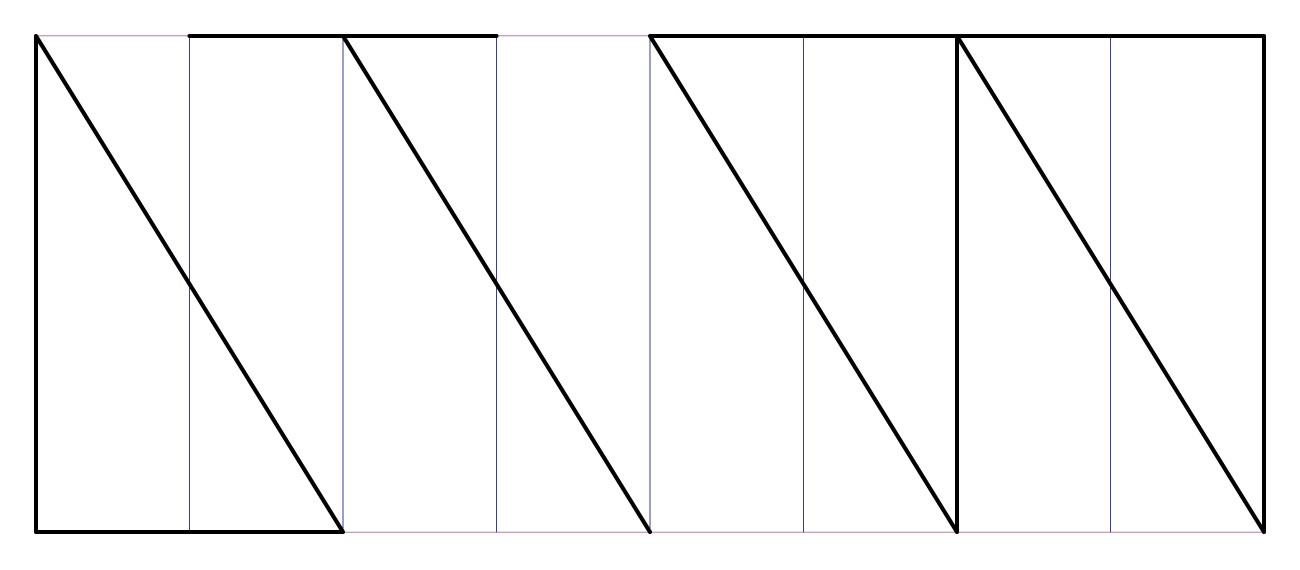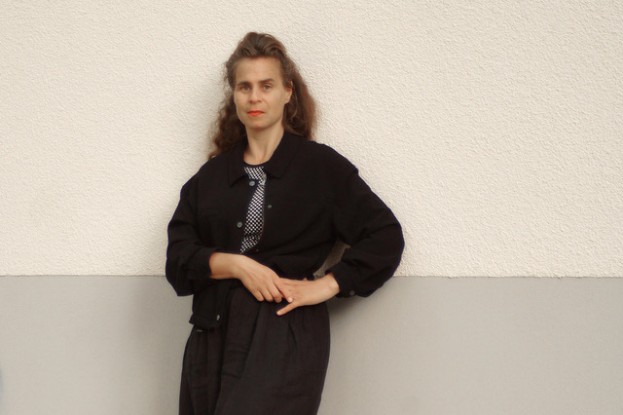Envisioning a New European Bauhaus Stage
Presentation at the Annual Conference of the EAAE 2022 | Lisa Beißwanger
The stage workshop was integral to the historical Bauhaus. Experimenting with dance and theater, it added body, space, and movement studies to the design curriculum. The interdisciplinary “High-Level Roundtable” of the New European Bauhaus initiative falls somewhat short in representing this field. Therefore, this paper literally calls to action. It outlines the importance of a New European Bauhaus Stage, speculates on how such a project may look like, and critically reflects on its promises and pitfalls. What can we learn from the historical Bauhaus Stage? What can the disciplines of dance and theater offer to contemporary design and architecture education? How can the initiative contribute to a “sustainable and inclusive future”, as envisioned by the overarching project?
Briefly diving into the Bauhaus stage’s history and the ideas of its protagonist Oskar Schlemmer will make clear: the suggestion cannot be to revive the historical workshop, led by a “master” and built on western, anthropocentric, and essentialist views. Instead, the proposition is a radically decentral pan-European “think-and-do-tank”, an interdisciplinary network connecting design and architecture with the fields of dance, performance, and theater studies. Within this network a core group develops research and funding schemes to foster collaborative experimentation and offers methodological guidance for architecture educators interested in expanding their teaching.
Given the growing demand for an inclusive architecture with positive experiential dimensions, it seems more important than ever to unlock embodied knowledge and enhance participatory approaches. However, this also carries the risk of succumbing to the exploitative patterns of immaterial labor and neoliberal experience economy. The New European Bauhaus Stage can become a forum to explore such issues. It has the potential to act as a catalyst for embodied knowledge and practices in design education, and help define what abstract buzzwords like „human“ and „sustainable“ really mean to diverse individuals in varying contexts.
Further information on the conference:
www.eaaemadrid2022.es




